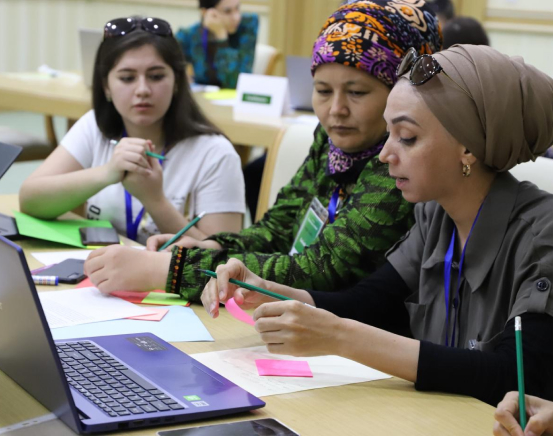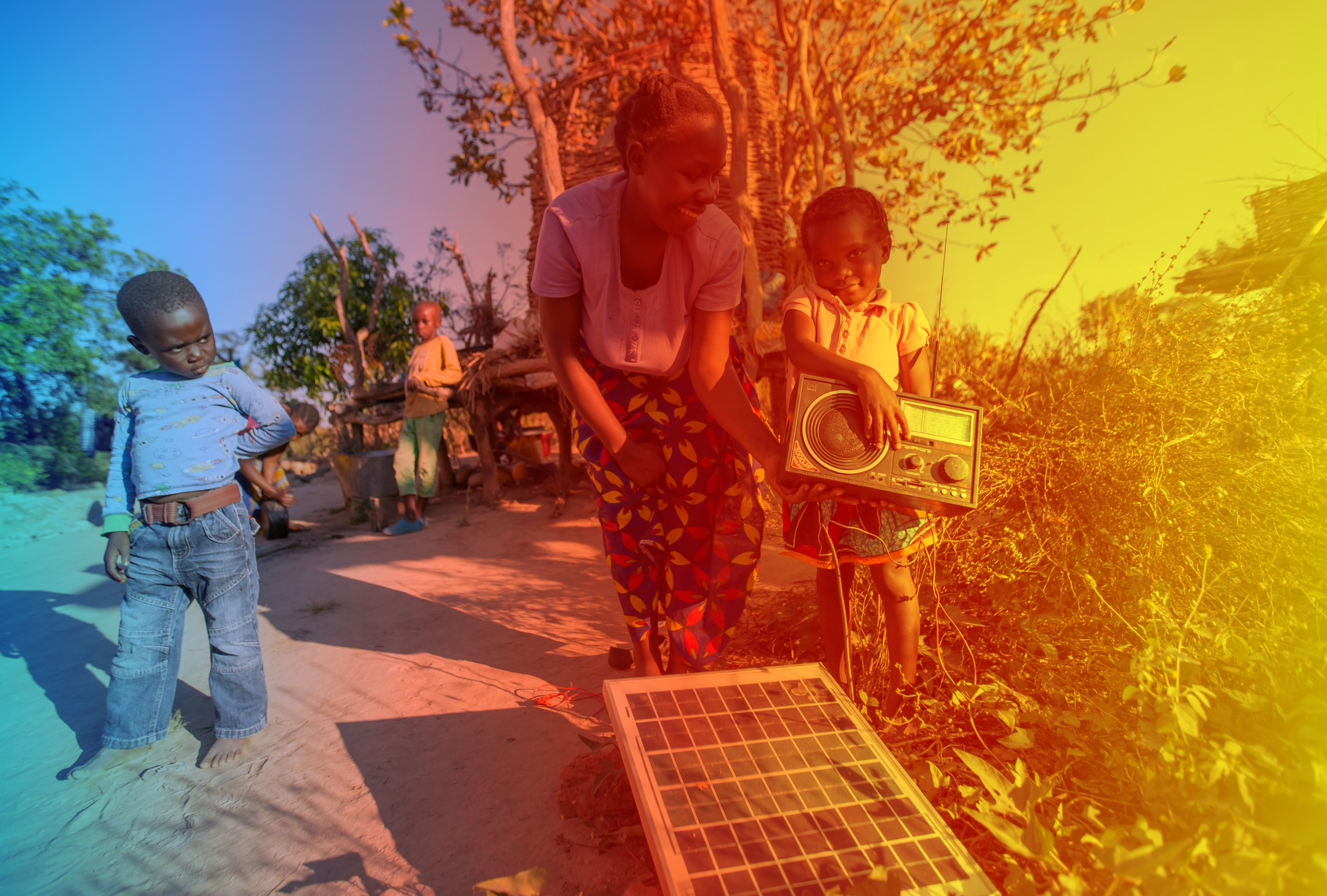ITU - UNDP
Open Source Ecosystem Enabler (OSEE)

Digital is a key accelerator of the Sustainable Development Goals (SDGs), whilst open source tools, technologies, and ways of thinking and working can also drive important impact. Recognising this, the Open Source Ecosystem Enabler (OSEE) initiative – led by the International Telecommunication Union (ITU) and the United Nations Development Programme (UNDP), with support from the European Union – aims to support and catalyse open source digital ecosystems in countries.
About the initiative
Digital public services need to leave no one behind
Digital innovation is key to promoting sustainable development worldwide. As shown in a recent UNDP and ITU report, digital technology aids 70% of the SDGs. Digital creates opportunities, strengthens connections, and encourages partnerships. It is also a fundamental tool to deepen the reach and impact of public and private services.
In 2023, UNDP and ITU supported over 130 countries with policy, technical and digital assistance, boosting connectivity, digital literacy, safe online practices and better public service delivery through digital tools and technologies. Continuing this direction is crucial, whilst important digital divides – including in relation to the availability and inclusion of digital public services – need to be tackled.
Open source solutions are important for digital public service delivery
Open source technologies—where the underlying code of the solution is made freely available for customisation, modification, or adaptation—can be key enablers and accelerators of governments’ digital transformation. These technologies can be more accessible and owned by governments themselves, reducing the risk of being locked in with a specific IT vendor and ensuring governments’ digital sovereignty. They support more efficient, citizen-centric, and trustworthy digital public services while supporting the attainment of the SDGs.
Deploying and maintaining open source in government can require new skill sets and new ways of working and thinking – including shaping sustainable plans for the maintenance of systems. It also necessitates engagement with open source communities and local digital ecosystems, which may be newer mechanisms for some governments.
OSEE promotes ecosystems that are conducive to open-source public services
Over a three-and-a-half-year period, OSEE will enhance the capacity of local and regional public and private actors to adopt open source to deliver digital government services through three integrated streams of work.
- Open-Source Ecosystem Enablement Framework (OSEEF)
The project will collect insights from a community of experts, analyze successful open-source initiatives, and document best practices to create an Open Source Ecosystem Enablement Framework. - Open-Source Technical Facility (OSTF)
The project will seek to establish Open Source Technical Facilities (OSTF) to address the challenges faced by governments in implementing open-source technologies. - Global Knowledge Hub for Open-Source Public Services
The project will develop and circulate additional training, advocacy, and communication materials through established specialized training institutions and initiatives.
Call for expressions of interest
Host an Open Source Programme Office and leverage open-source technologies for public service delivery in your country.
Complete the Expression of Interest form
Participation criteria
ITU and UNDP are looking for low- and-middle income (LMIC) countries with:
- A strong commitment to leverage open-source technologies for public services, as demonstrated in their digital transformation policies or strategies, with actual implementation of at least one digital public service.
- A suitable OSPO host that has strong connections to government while being embedded in the local digital ecosystem, such as a public, academic, or non-profit organization focusing on open technologies to advance the SDGs.
- A willingness to share their experience and learn from others.
- An open-source ecosystem – even if nascent.

At the launch of the Open Source Ecosystem Enabler (OSEE) at the Open Source Policy Summit in February 2024

 Locations
Locations
























